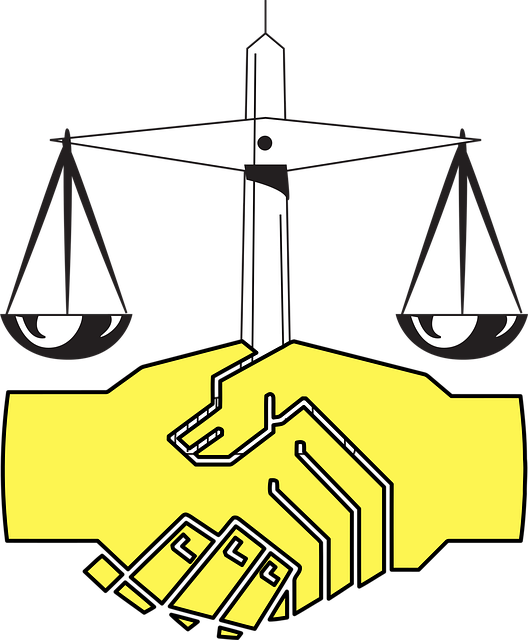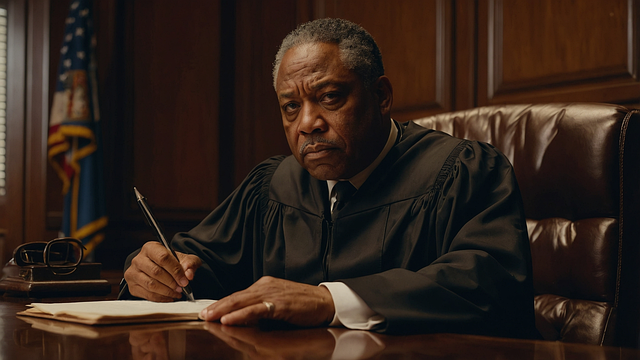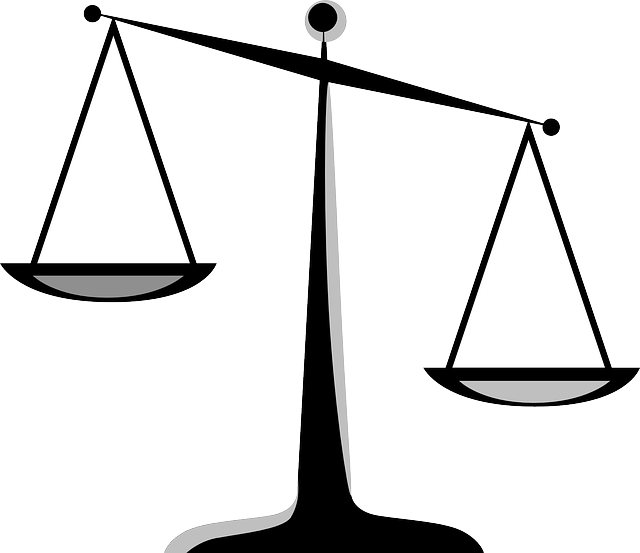The Securities and Exchange Commission (SEC) acts as a key guardian of fairness and integrity within US financial markets, wielding substantial enforcement powers to combat fraudulent activities like accounting fraud, insider trading, and money laundering. Through civil enforcement actions, settlements, and advanced analytics, the SEC protects investors, deters misconduct, and promotes transparency in securities law enforcement.
“Uncover the insidious world of fraudulent financial practices, where deceit masquerades as legitimate transactions. This article provides a comprehensive guide to navigating the complex landscape of securities fraud, offering insights into its various forms and the crucial role of the Securities and Exchange Commission (SEC) in enforcement.
We explore common strategies employed by fraudsters, delving into the SEC’s extensive powers and their impact on deterring and punishing wrongdoers. Additionally, practical prevention and detection methods are highlighted to empower investors and professionals alike.”
- Understanding Common Fraudulent Financial Practices
- The SEC's Enforcement Powers and Authorities
- Prevention and Detection Strategies for Securities Fraud
Understanding Common Fraudulent Financial Practices

Fraudulent financial practices are a pervasive issue across various sectors, often involving sophisticated schemes designed to deceive investors and destabilize markets. Common forms include accounting fraud, where false entries are made to misrepresent a company’s financial health, and insider trading, where individuals leverage non-public information for personal gain. Another insidious tactic is money laundering, which hides the source of illicit funds, making them appear legitimate. The Securities and Exchange Commission (SEC) plays a pivotal role in securities law enforcement, investigating and prosecuting these fraudulent activities to protect investors and maintain market integrity.
The SEC’s mandate extends to addressing white-collar and economic crimes, which often involve complex financial manipulations. By leveraging its authority and expertise, the SEC conducts thorough inquiries, examines financial records, and collaborates with law enforcement agencies to bring perpetrators to justice. This proactive approach not only deters future fraud but also helps restore trust in respective business transactions, ensuring a more transparent and equitable economic environment.
The SEC's Enforcement Powers and Authorities

The Securities and Exchange Commission (SEC) plays a pivotal role in ensuring the integrity and fairness of financial markets in the United States. As the primary regulator of securities, the SEC possesses significant enforcement powers to combat fraudulent activities. They have the authority to investigate companies and individuals suspected of violating federal securities laws, which includes fraud, insider trading, and accounting manipulation. With these powers, the SEC can issue cease-and-desist orders, fine corporations, and even bar individuals from the industry.
One of the key tools in its arsenal is the ability to bring civil enforcement actions, which often result in substantial settlements. These cases not only seek monetary compensation for harmed investors but also serve as powerful deterrents. The SEC’s track record includes numerous successful prosecutions, with many ending in winning challenging defense verdicts and jury trials. This demonstrates the commission’s commitment to holding wrongdoers accountable and safeguarding investors in a complex financial landscape.
Prevention and Detection Strategies for Securities Fraud

Preventing and detecting securities fraud is a complex task that involves robust strategies and regulatory bodies like the SEC playing a pivotal role in securities law enforcement. The SEC, or Securities and Exchange Commission, is tasked with ensuring fair, orderly, and efficient markets. They do this by enforcing federal securities laws, which aim to protect investors from fraudulent practices. This includes all stages of the investigative and enforcement process, from identifying red flags to bringing charges against perpetrators.
One key strategy in prevention is investor education. Making the public aware of common fraud schemes empowers them to recognize suspicious activities. Additionally, companies are encouraged to implement robust internal controls and transparency measures to deter potential wrongdoers. The SEC also conducts regular inspections and examinations of financial institutions and markets, using advanced analytics to detect anomalies indicative of fraudulent behavior, especially in white-collar and economic crimes.
In conclusion, understanding common fraudulent financial practices is paramount in maintaining integrity within the financial landscape. The U.S. Securities and Exchange Commission (SEC) plays a pivotal role in securities law enforcement, leveraging its extensive powers to protect investors and promote fair markets. By combining robust prevention and detection strategies, individuals, businesses, and regulatory bodies can collectively minimize the occurrence of securities fraud, fostering trust and stability in today’s interconnected financial world. The ongoing efforts to combat fraudulent practices underscore the critical balance between growth and transparency in investment sectors.






